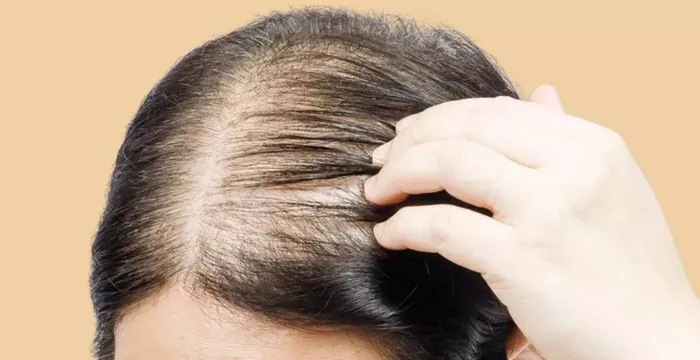In recent years, the quest for effective hair care products has led to the emergence of various brands claiming to address hair loss concerns. Alpecin, a popular brand in the market, has gained attention for its purported benefits in preventing hair loss and promoting hair growth. However, amidst the positive testimonials, concerns have been raised about whether Alpecin itself could contribute to hair loss. In this article, we delve into the scientific evidence and expert opinions to explore the question: Does Alpecin cause hair loss?
Understanding Alpecin: The Basics
Before delving into the potential link between Alpecin and hair loss, it is crucial to understand the composition of the product. Alpecin is a caffeine-based shampoo that claims to stimulate hair follicles, thereby promoting hair growth. The key ingredient, caffeine, is believed to improve blood circulation in the scalp and enhance the energy supply to hair roots.
The Controversy: Does Alpecin Cause Hair Loss?
While Alpecin is marketed as a solution to combat hair loss, some individuals have reported experiencing adverse effects, including increased hair shedding. To assess whether Alpecin is a culprit in hair loss, we examine the available evidence:
1. Caffeine and Hair Growth Mechanism
Pros: Caffeine, the active ingredient in Alpecin, has demonstrated potential benefits in laboratory studies. It stimulates hair follicles and promotes hair growth by inhibiting the effects of dihydrotestosterone (DHT), a hormone linked to hair loss.
Cons: Some argue that while caffeine may have positive effects on hair growth, the concentration in Alpecin may not be sufficient to produce significant results. Additionally, individual responses to caffeine can vary, leading to diverse outcomes.
2. Clinical Studies and Scientific Research
Pros: Some clinical studies support the positive impact of caffeine on hair growth. However, it’s essential to note that these studies may not specifically focus on Alpecin and often use higher concentrations of caffeine than what is present in the shampoo.
Cons: The lack of comprehensive research specifically on Alpecin makes it challenging to draw definitive conclusions. The limited scope of existing studies raises questions about the product’s efficacy in real-world scenarios.
3. Consumer Reviews and Testimonials
Pros: Many users praise Alpecin for its perceived effectiveness in reducing hair loss and promoting hair thickness. Positive testimonials suggest that, for some individuals, the product has lived up to its claims.
Cons: On the flip side, negative reviews highlight instances where individuals experienced increased hair loss or adverse reactions after using Alpecin. It is crucial to consider the subjective nature of these reviews and the possibility of other contributing factors.
Expert Opinions: What Do Dermatologists Say?
To gain a more nuanced perspective, we turn to dermatologists and experts in the field. Their insights provide valuable considerations for individuals contemplating the use of Alpecin:
Dermatologists emphasize the importance of an individualized approach to hair care, as what works for one person may not be suitable for another.
Some experts suggest that while caffeine can have positive effects on hair growth, relying solely on a shampoo like Alpecin may not address the multifaceted causes of hair loss.
Concerns are raised about potential allergic reactions to certain ingredients in Alpecin, which could exacerbate hair loss in sensitive individuals.
Conclusion: Navigating the Controversy
In the quest to combat hair loss, individuals often seek solutions that align with their preferences and lifestyles. Alpecin’s caffeine-based formula presents a compelling option for many, with positive testimonials supporting its efficacy. However, the controversy surrounding Alpecin and its potential role in hair loss underscores the need for a cautious and informed approach.
While scientific studies highlight the positive effects of caffeine on hair growth, the concentration and formulation in Alpecin may not be universally effective. Individual responses to the product can vary, and factors such as genetic predisposition, hormonal changes, and overall health must be considered.
In the absence of definitive evidence linking Alpecin to hair loss, it is advisable for individuals to approach its use with awareness and monitor their responses closely. Consulting with dermatologists or hair care specialists can provide personalized insights and recommendations tailored to individual needs.
In conclusion, the relationship between Alpecin and hair loss remains a subject of debate, and the efficacy of the product may depend on various factors. As with any hair care regimen, a balanced and holistic approach, incorporating lifestyle changes and professional advice, is crucial for achieving optimal results in addressing hair loss concerns.
How Long Does The Swelling Last After Hair Transplant

